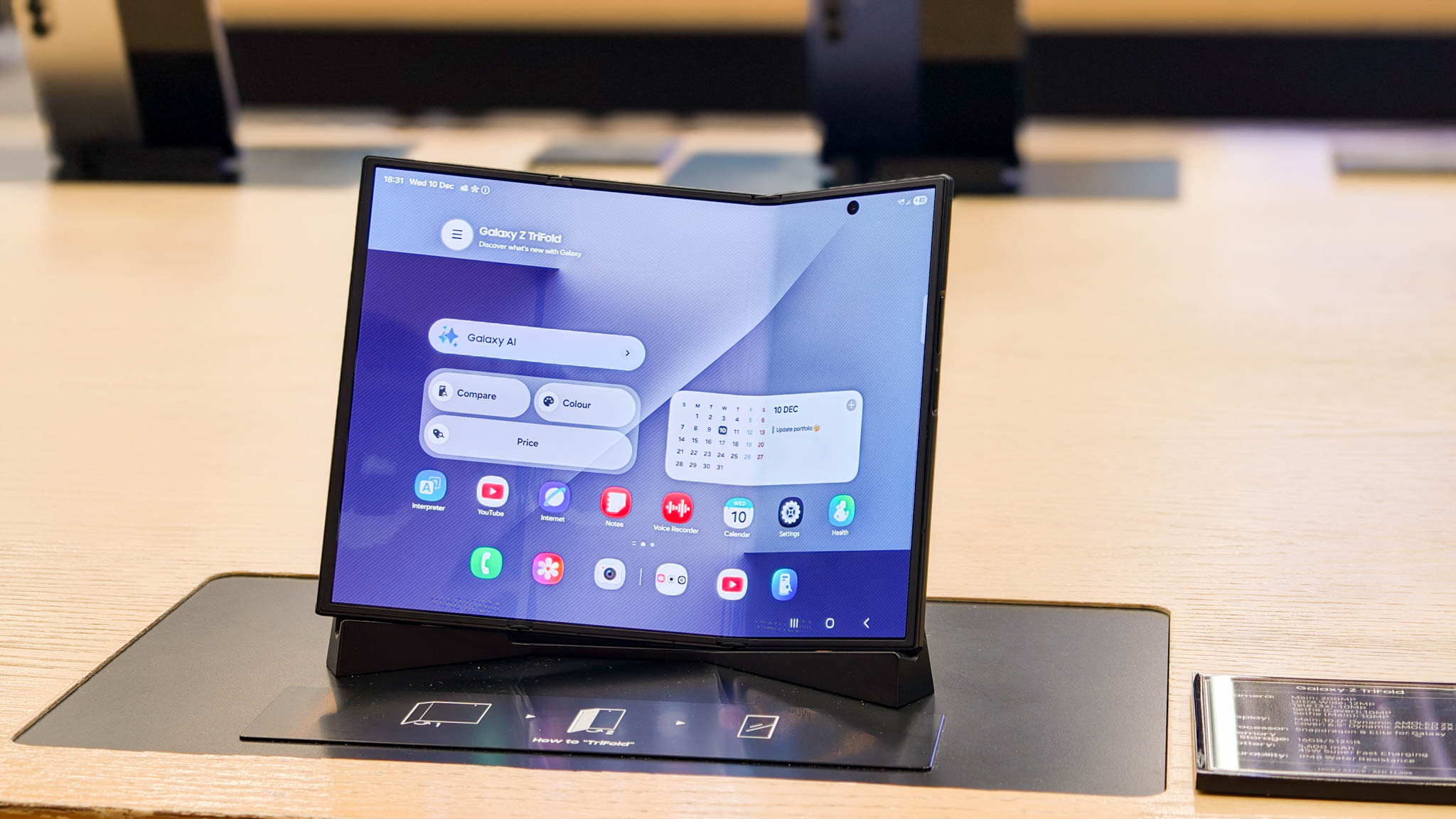As exciting as the Meta Quest 3S is, I'm just as excited for its third-party Meta Horizon siblings
We expected Meta to talk more about third-party Horizon OS headsets. Meta VP Mark Rabkin explained why they weren't on stage.
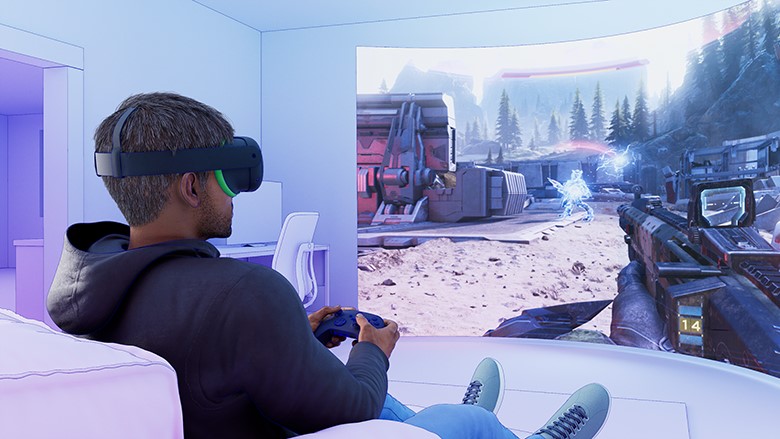
Meta Connect 2024 had a fun but predictable itinerary: its budget Quest 3S headset, AI tricks, new VR games, and a snazzy new AR glasses prototype. But we also predicted (and hoped) that third-party Meta Horizon OS headsets would appear on stage. They were a no-show, so we asked Mark Rabkin, Meta VP of MR/VR, why.
Months of leaks made it obvious that the Meta Quest 3S would show up at Meta Connect 2024, and Meta itself hinted at its Meta Orion AR glasses in the months prior. Our Meta Connect 2024 preview promised they would both get long-awaited reveals.
We also guessed that we'd see other non-Meta headsets. This spring, Meta licensed out the Meta Horizon OS interface to other companies so they could make their own wireless VR headsets with Snapdragon XR2 hardware, Meta's UI, and the Quest Store library of games and apps.
Specifically, Meta promised that ASUS ROG would make an "all-new performance gaming headset" running Horizon OS. It also said Lenovo would make "mixed reality devices for productivity, learning, and entertainment" with the same OS. And it promised a "limited-edition Meta Quest, inspired by Xbox." We've yet to hear any news about these headsets in the five months since.
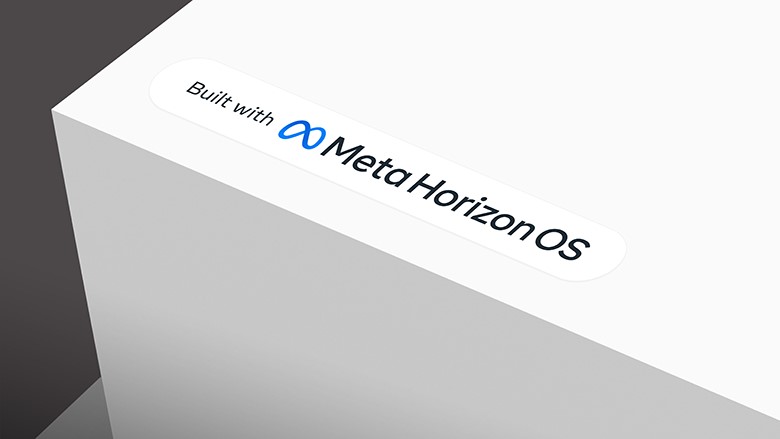
Android Central's VR squad, Nick Sutrich and I, hoped to see Meta x Microsoft Quest 3 at Connect. If Meta wants to make the Horizon OS concept take off and attract more hardware developers, we thought it might highlight partners' headsets during its annual showcase alongside the Quest 3S.
Maybe the ASUS ROG headset would interfere with Quest 3S sales, but we assume it'll be more of a high-end gaming device for VR superfans compared to the budget 3S for people who found the Quest 3 too expensive. And Lenovo's productivity headset could have preempted Samsung's AWOL productivity device.
Given Meta will probably make its next Quest 4 with a Snapdragon XR2 Gen 3 before we know it, it makes sense that ASUS ROG and Lenovo would sell these headsets very soon — or have to wait a couple of years for newer hardware. That could make the whole third-party ecosystem lose steam before it can take off.
Get the latest news from Android Central, your trusted companion in the world of Android
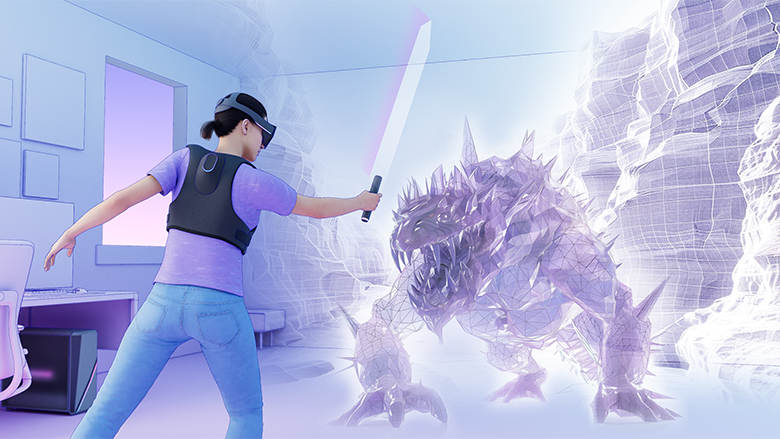
So, why didn't we see anything from ASUS ROG, Lenovo, or any other partnership announcements? When we asked Meta VP Mark Rabkin, his answer was short and understandably cagey but still very revealing.
"I don't have anything I can disclose for now, but we have multiple programs going for those headsets. We're really trying to let our partners lead the way and have it be their device, their development, their stuff, so we would never push or preempt them, or anything like that," Rabkin said.
Here's what I gleaned from this response: (A) Meta stressed that it's directly supporting these partners on multiple fronts (probably both hardware and software); (B) pushing them to show something off by late September (or any Connect) would be presumptuous and intrusive on whatever they want to do; and (C) Meta probably won't publicize third-party headsets, the same way Google doesn't run ads for Samsung phones.
Our original comparison of Meta Quest as the new "Pixel of VR" feels especially apt. Meta stresses that it's opening up the ecosystem to other developers, but they're only partners in the sense that Meta will help other companies get started and charge a licensing fee for the software. It doesn't own or control these devices, and companies will announce and release them on their own timetable, not Meta's.
We're still hoping to see these headsets soon. With Meta's main competition being the exorbitant Apple Vision Pro, mostly-abandoned PSVR 2, struggling Pico brand, and long-delayed Valve Index successor, it'd be great to see fresh ideas in the VR space while still keeping our Quest libraries and familiar interface.
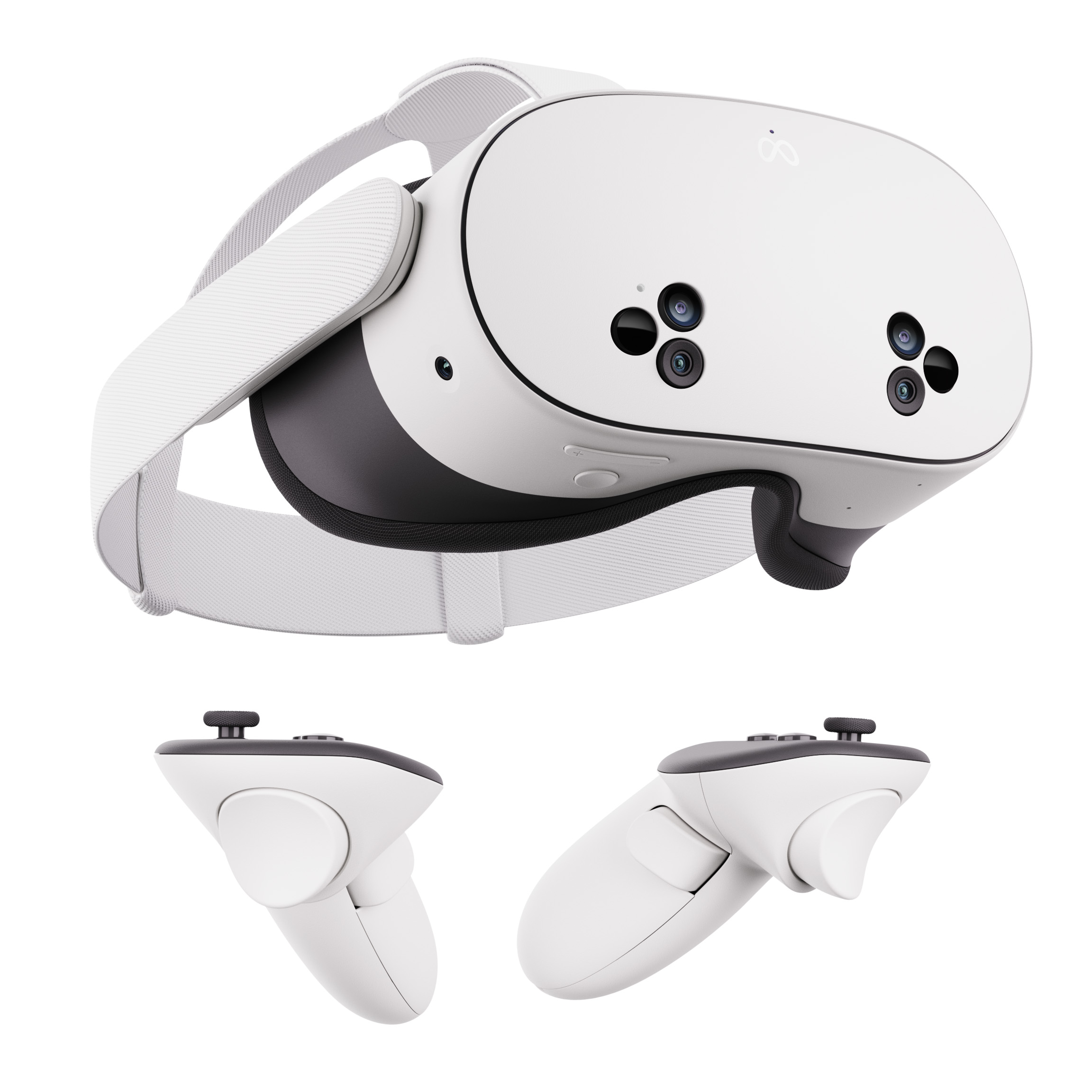
Next-generation VR & MR gaming
The Meta Quest 3S brings mixed-reality gaming to the masses with powerful Snapdragon hardware and the same upgraded games as the Quest 3, including full-color passthrough to your living room.

Michael is Android Central's resident expert on wearables and fitness. Before joining Android Central, he freelanced for years at Techradar, Wareable, Windows Central, and Digital Trends. Channeling his love of running, he established himself as an expert on fitness watches, testing and reviewing models from Garmin, Fitbit, Samsung, Apple, COROS, Polar, Amazfit, Suunto, and more.
You must confirm your public display name before commenting
Please logout and then login again, you will then be prompted to enter your display name.
